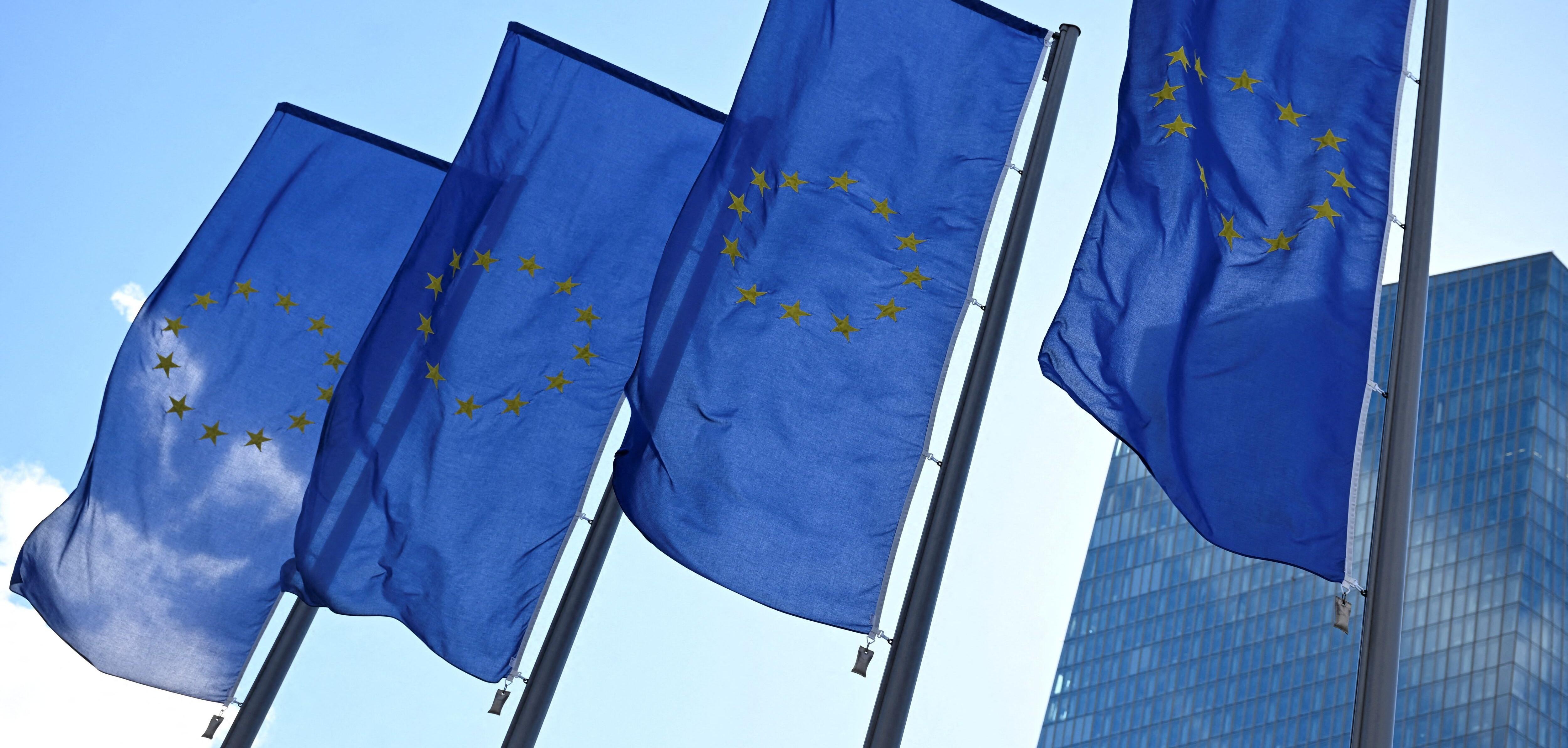The European Central Bank (ECB) has announced that it is leaving three key interest rates unchanged. According to members of the Governing Council, inflation in the eurozone is expected to average 2% in the medium term, and the outlook for inflation remains broadly unchanged.
Inflation and economic growth forecasts
According to updated data, the average inflation rate in the eurozone is forecast to be 2.1% in 2025, 1.7% in 2026 and 1.9% in 2027. Excluding energy and food costs, inflation is forecast to be higher at 2.4% in 2025, falling to 1.9% in 2026 and 1.8% in 2027.
According to the latest data, economic growth is expected to be 1.2% in 2025 (previously forecast at 0.9%). Growth will be 1.0% in 2026 and 1.3% in 2027. These figures suggest a gradual strengthening of the economy, despite ongoing uncertainty in global markets.
Monetary policy and interest rates
The Governing Council has confirmed that the ECB's key interest rates will remain at their current levels:
- The deposit rate will remain at 2%.
- The main refinancing operations rate will remain at 2.15%.
- Marginal lending facility rate: 2.4%.
At the same time, the ECB is gradually reducing its asset portfolio under the APP and PEPP purchase programmes as it is no longer reinvesting the proceeds from maturing securities.

A flexible approach is being taken to protect against market risks
The bank's management emphasised that it is not tied to a predetermined path of rate changes. Decisions will be made based on an analysis of incoming economic and financial data, an assessment of inflationary pressures and the effectiveness of monetary policy transmission.
Additionally, the Transmission Protection Instrument (TPI) enables the ECB to intervene in the event of destabilising market fluctuations, ensuring the effective implementation of policy across all eurozone countries.
Context: impact on businesses and consumers
Keeping rates unchanged means that loans and mortgages will not become cheaper in the near future. However, businesses and private borrowers can expect financial conditions to stabilise gradually. Experts note that the ECB's main task remains keeping inflation at 2%, while the bank is trying to prevent excessive pressure on economic growth.
